1. Farai un vers
Settings of the famous poem by Guillaume d'Aquitaine
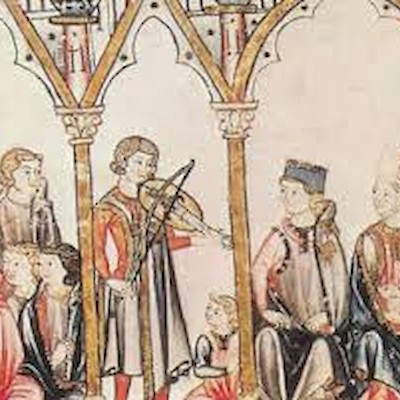
There was a period when Muslims, Jews and Christians lived together on the Iberian Peninsula. While historians at the moment are not convinced that this coexistence was peaceful, there remains nevertheless a myth if not a memory of a "Convivencia", suggesting that Muslims, Jews, and Christians lived peacefully together in pre-expulsion Spain.
They did get along in some fashion. Apparently the coexistence was more amicable under early Muslim rule. When the Moors arrived, their technology was impressive to the Visigoths who were languishing, weakened through in-fighting. Was the impression similar to that made when the Romans arrived in Spain, or when the Conquistadors were first seen by the Aztecs, Toltonacas, etc.? Did the conquerors seem almost like aliens from another planet? The invading Umayyad Caliphate arrived with Aristotle and algebra.
Something momentous came out of this coexistence: the Aristotelean Revolution & Thomas Aquinas' reconciliation of Aristotle & Christianity. The upshot was that God set the world free, set it up running according to laws that were not impervious to comprehension through careful observation.
In this App, composers explore poetry from in and around Iberia, circa 1492, setting poems from that period to their own original music. We will discuss the poetry, the poets, the music, and the composers.
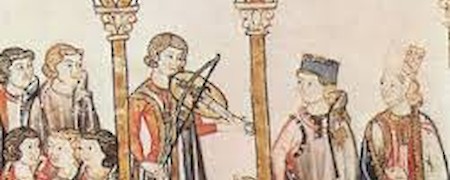
Settings of the famous poem by Guillaume d'Aquitaine

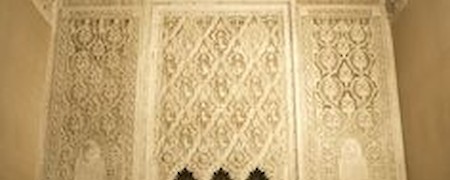
Matthew Greenbaum & Maimonides
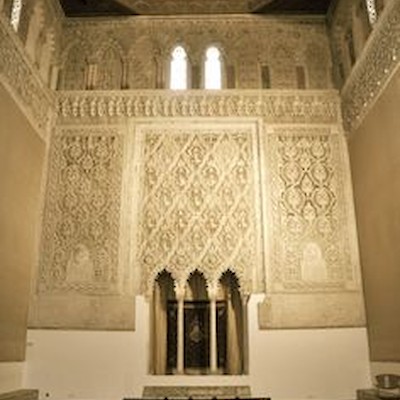
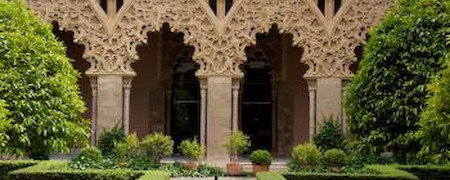
Mohammed Fairouz sets Ibn Kafajah
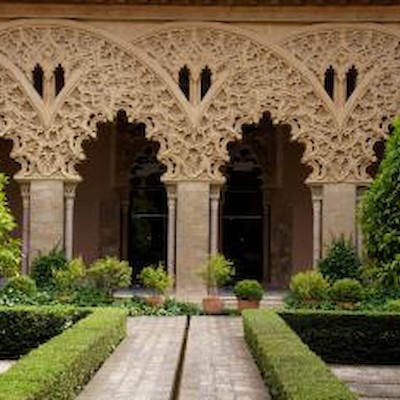
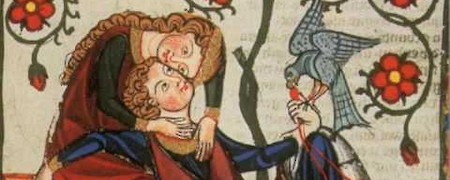
Anderson sets Ezra Pound's translation of Ventadorn, re-deploying Ventadorn tunes.
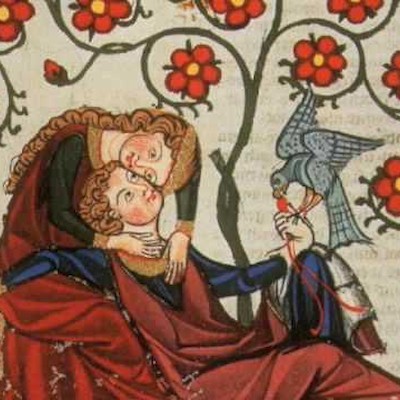
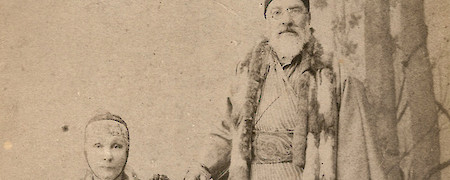
Sepharidic Jews carry linguistic after-images of Spain to the four corners
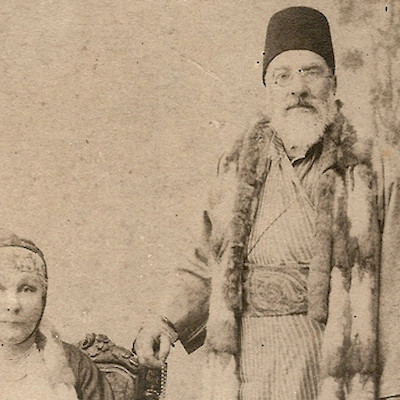
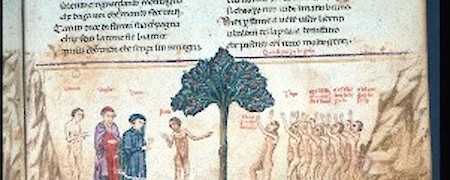
Chester Biscardi riffs on a 12 Century takedown poem
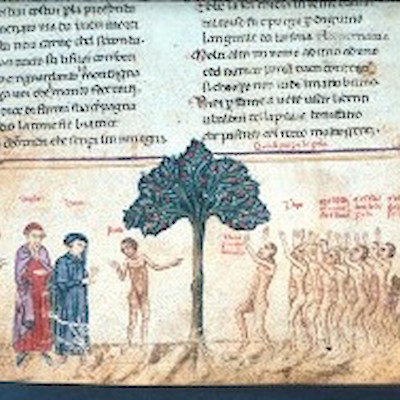
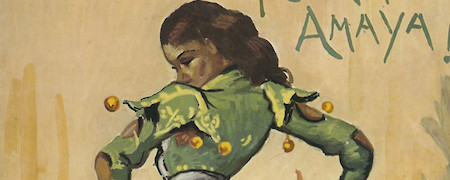
Emil Awad's guitar solo, based on flamenco idioms
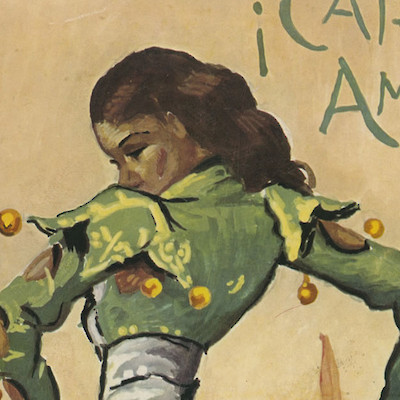
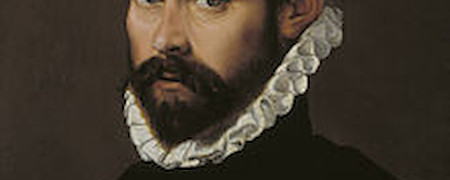
Laurie San Martin sets Diego Hurtado de Mendoza
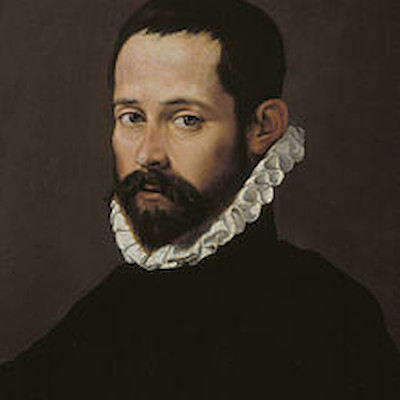
from nothing to small
may have influenced the troubadour poets